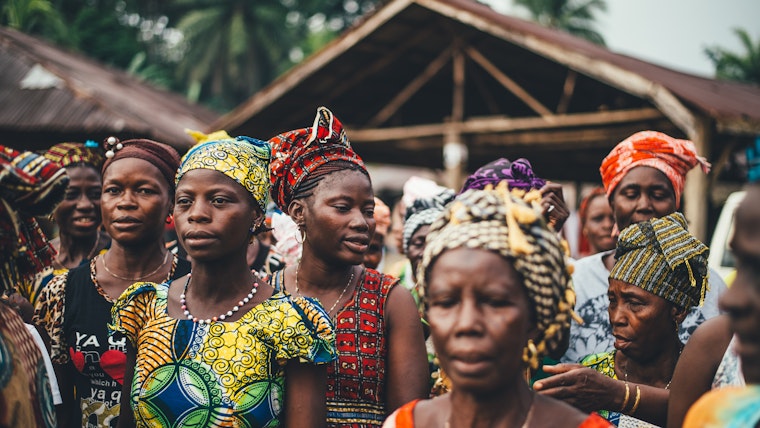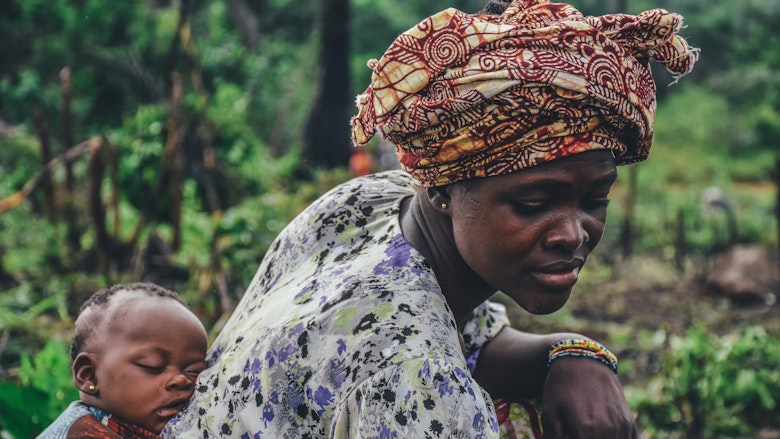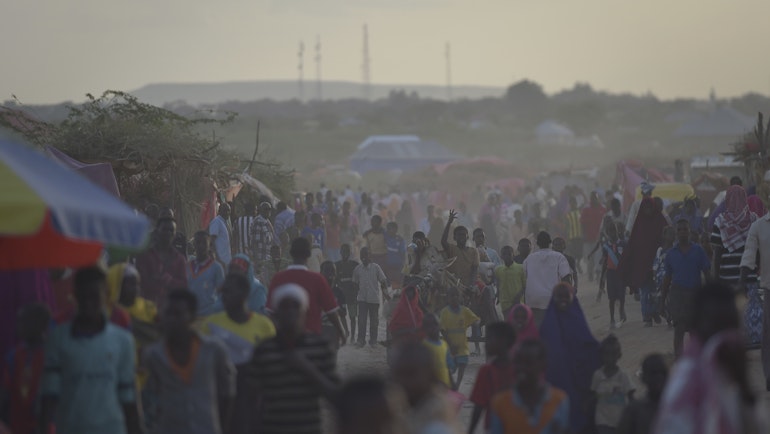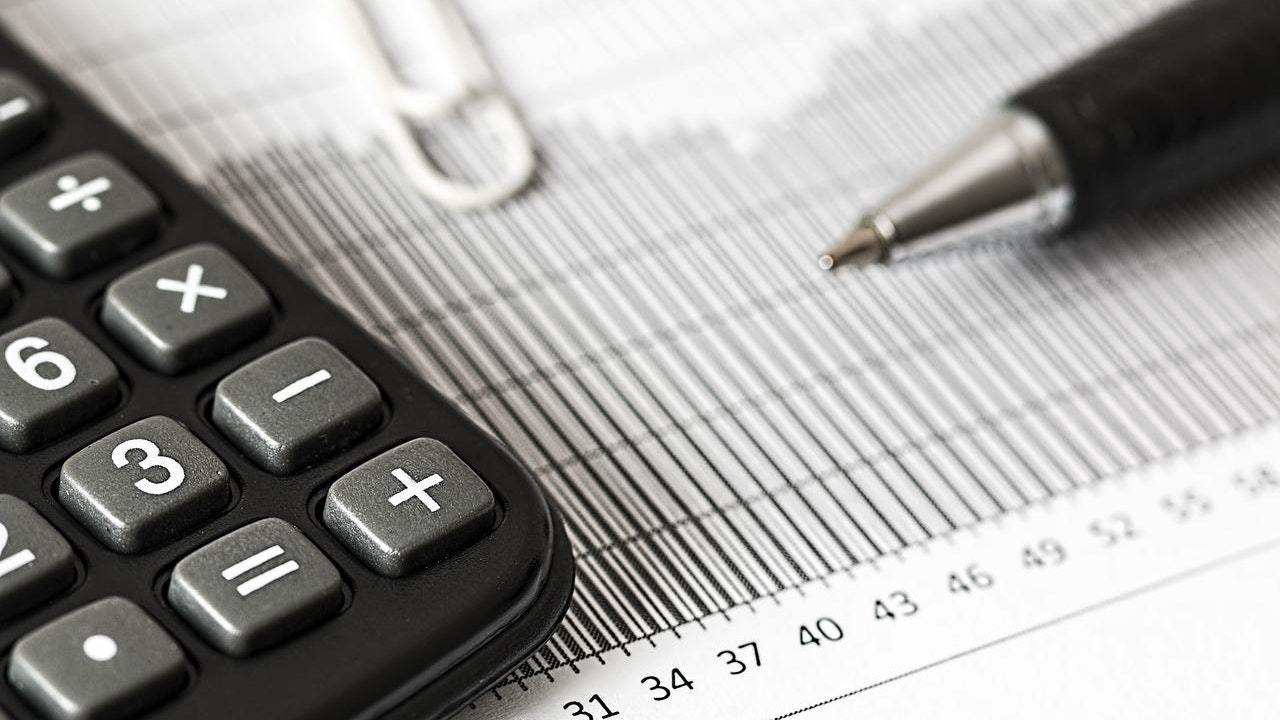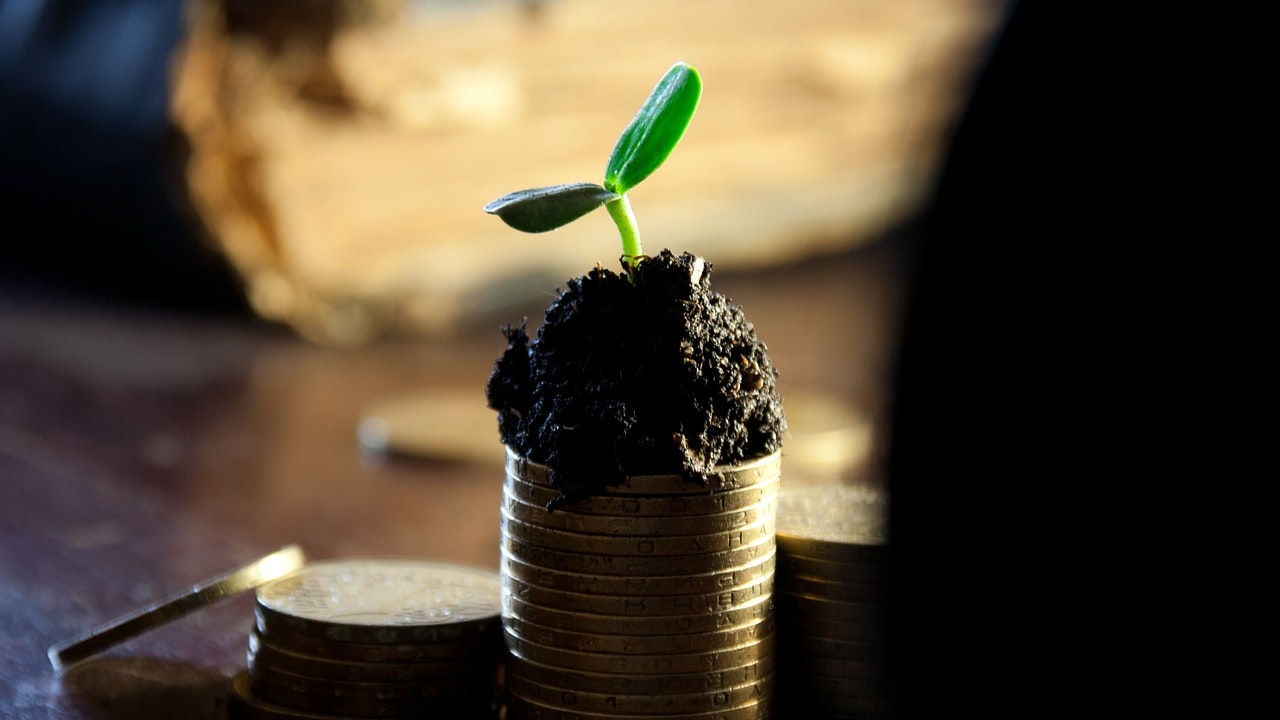Launched in Kenya in 2007, M-Pesa – ‘pesa’ means ‘money’ in Swahili – has radically transformed African personal finance.
Back in 2011, only 8% of the African population had access to the internet, but 52% had a mobile phone. In a rising economy marked by informality and a lack of financial access, with only about one quarter of adults having any kind of bank account, mobile phones were key to driving more financial inclusion and to enable digital payments – even though they were not connected to the internet.
‘They built their own path to financial inclusion: basic phones’ said Andre Allain, VP of Growth at EBANX.
Smart customers. Simple phones
Starting as a simple mobile P2P cash-transfer service, the service is now the preferred way to make payments across the continent, both for the banked and unbanked, due to its safety and unmatched convenience.
M-Pesa users can deposit cash with a kiosk attendant, who then credits their phone account. The user can then pay (or be paid) by exchanging phone numbers with another user, or a business (with the phone numbers acting as an account number).
Today, M-PESA provides more than 51 million customers across seven countries in Africa, and has kept pace with customer demand by continuing to add new features, offering payments, credit, international remittances, and business analysis and support.
In most places, over 50% of the GDP of most countries flows through a digital payments ecosystem; in Kenya it’s reached approximately 70%.
Following the successful launch in Kenya, the service is available in Democratic Republic of Congo, Egypt, Ghana, Lesotho, Mozambique, and Tanzania. The number of active M-PESA customers is claimed to have doubled in the past five years, surpassing 50 million monthly active customers in 2022 to cement its position as Africa’s largest fintech platform.
By making it easier for Kenyans at every economic level to use their mobile phones to reliably and quickly pay each other, M-Pesa had also shown how quickly human behaviour could change when given a better alternative.
Why M-Pesa Matters
Sitoyo Lopokoiyit, CEO of M-Pesa Africa and Chief Financial Services Officer at Safaricom, said:
‘Mobile financial services platforms like M-Pesa are vital drivers of financial inclusion in society which can improve individual life chances and enable enterprises to launch and expand, bringing wealth and jobs into developing economies.’
‘There remains though barriers both to accessing platforms – including digital literacy and smartphone accessibility – and to developing them – with an un-level regulatory playing field for non-traditional financial services providers in many countries.’
Results of a recent business survey conducted in Kenya underpinned the continuing importance of the world’s first mobile money service 15 years after it launched:
● 17.6 million current users in the four countries did not have access to any formal financial services before using M-Pesa.
● 98% of businesses surveyed said that M-Pesa helps them to do business, with the main benefits of M-Pesa being its facilitation of faster and safer payments and enabling the sale of goods and services online.
● 95% of businesses surveyed indicated that they use M-Pesa for at least half of their business transactions.
Female Financial Empowerment
Female-led households saw far greater increases in consumption than male-led ones. Moreover, mobile money services have helped an estimated 185,000 women move from farming to business occupations.
Increases in agent density (i.e. being able to access a business where M-Pesa was accepted) caused about 3% of women in both female- and male-led households to take up business or retail occupations instead of farming. These occupations generally entailed single-person businesses based around producing and selling goods, which is made easier by mobile money.
‘You (M-Pesa users) used to grow vegetables, but now you take your vegetables to the market and sell them, or you open a little food cart or kiosk,’ says MIT economist Taveneet Suri.
Cashing in on M-Pesa
Mobile money has been instrumental in establishing mobile-led financial inclusion; helping people who have previously never held a bank account to extricate themselves from poverty, and thereby giving themselves the best chance to become financially independent.
With a young, financially focussed populace (over 50% of the continent are below 18 years old) and increasing smartphone penetration, the future for M-Pesa and other financial enablers looks powerfully positive.
As other products built on mobile money platforms are developed, financial inclusion is deepened, and users are empowered to improve the management of their financial resources. Other products allow users to, for example, earn interest on savings, access micro-loans and affordable insurance, and invest in government securities.
It won’t be without conflict, as banks attempt to capitalise upon mobile money’s untapped market. In December 2022, banks were legally permitted to reinstate transaction charges for when customers transfer mobile money payments to bank accounts, and also when bills are paid by M-Pesa.
Mobile money has been transformational in Kenya, and now has the potential to similarly benefit neighbouring nations.
